The elusive Concept Album, seen as the most pure form of musical prowess, accomplishment, and excellence. For music critics, a concept album is the best work an artist can produce. It’s music in its most interpersonal, difficult form. To create a concept album is to tell your story, your philosophy, your life, all through instrumentation and lyricism. A concept album can be simply defined as a “narrative album”, made to tell a story like a movie, but in music form. Others may define it as following a common theme, such as death, struggle, poverty, or heartbreak. Many have tried to create a concrete definition for what qualifies as a concept album, but to your average listener, a concept album is more abstract. It isn’t always good, it isn’t always a narrative, it isn’t always thematic, sometimes it’s not even what the artist says it is. As all art is interpretive, all interpretations have to be true for that art. However, I feel like there are some albums that go beyond interpretation, and instead clearly convey what they’re trying to say. I’ve compiled a list of albums that I’d like to cover, as they fit into a category of concept album and are an exemplary choice for that category. As always, this is just my opinion, and you can very easily disagree!
How to Follow a Narrative:
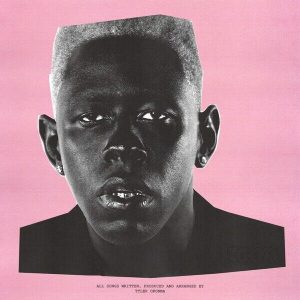
IGOR. What can I say about IGOR that hasn’t already been said before? Some view it as the perfect concept album: It has a clear narrative, it tells the story perfectly, there’s a message in every song, no wasted space. For a lot of the people reading this, this may be your first or only exposure to a modern concept album. IGOR details Tyler’s experience with bisexuality, the persona of Igor, and the story of him falling in love with a man who is in love with a woman. All tracks are relevant, and often have a monologue from the narrator who first appears on the fourth track. The very first and last notes played on the album are the same, showing the narrative being cyclical in nature, which is poetic and an incredible showmanship of Tyler’s narrative prowess.
For all the praises of narrative and musical excellence this album has garnered, there are some flaws. Because the album has to follow such a strict narrative, some of the songs like “WHAT’S GOOD” and “I DON’T LOVE YOU ANYMORE” are weak comparatively. They don’t feel very fleshed out due to serving as a part of a whole, so listening to them separately shows how they aren’t that good standalone. In spite of all of this, I still put this album at the start of this article because of how incredible it is, not just as a concept, but as an album itself. All of the samples that Tyler uses are relating to the theme in the song, most evident in “A BOY IS A GUN*”. The neo-soul influences and RnB shift that he went for delivered perfectly, evident by its nomination and subsequent winning of Best Rap Album in 2020.
How to NOT Follow a Narrative:
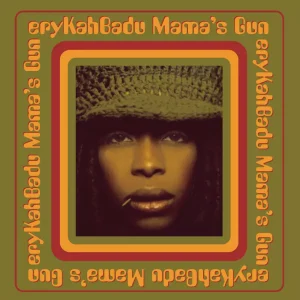
Erykah Badu, always the philosopher. On her sophomore album, Mama’s Gun, she goes in depth to her psyche, what makes her tick, her past, and what’s happened since her debut album, Baduizm. During the album’s development, Badu was part of the Soulquarians movement, focused on reviving the black community’s connection with soul, preaching God, unity, female independence, and the need to learn. Badu dives into these themes through a 70s style instrumentation, her soul-inspired vocals, and her philosophical themes reflected all throughout her album.
Despite the excellency this album achieves, many would argue that this is not a concept album due to it not portraying a “narrative”. This is what I call “The Narrative Effect”. Some critics argue that a concept album has to follow a narrative, a story, be a script for a movie in music form. I argue, however, that an album with a clear theme and message, without a narrative, still follows the definition of a concept album. A theme is a clear concept, and Badu certainly delivers on this aspect.
How to Have Fun:

This experimental pop album from Charli XCX is possibly the most loosely defined concept album on this list. brat dives into Charli’s relationship to parties, music, and substance abuse. It also temporarily comments on her mental health issues, more specifically her struggles with depression and suicidal thoughts. This is echoed throughout the album on tracks like “Sympathy Is a Knife” and “365”. The album follows themes and a very, very loose narrative, of Charli suppressing her negative emotions, relationships, and habits with more parties and drugs. More importantly, Charli has a lot of fun on this album. Where brat shines is a place that many others are dull, as this is a dance album, so it’s felt a lot more in the instrumentation than in the lyricism. Very harsh synths accompany her “party hard” verses, and more mellow synths are the backdrops for her “depressive” bars. It may fall short on the “narrative” aspect, but that isn’t the most important part of the album, at least according to Charli. An unorthodox concept album, yet still one of the best albums to be released in the decade.
How to Barely Pass the Bar:
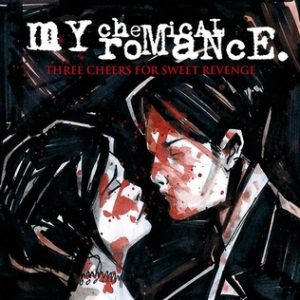
The obligatory emo album on every review, Three Cheers for Sweet Revenge is the (official) sophomore album of post-hardcore turned pop-punk band My Chemical Romance. This album was initially intended to be a concept album, but the narrative was dropped halfway through creation for more traditional dramatic and emotionally-driven themes. Despite this, it still carries a central story, at least according to Gerard Way. Way says that the narrative was supposed to be about a man whose love was killed, and so he makes a deal with the devil to get her back. Without Way handing this narrative to us, it’s nearly impossible to put this story together. However, despite all the contradictory elements, this album is usually considered a concept album. This is another fundamental of concept albums; if the artist says it’s a concept, it is – no matter what you or a critic may say. Many critics forget that art is meant to be interpreted but also has meaning that the artist attached to it, that their word is bond. Moving away from the concept part, the album keeps up their themes incredibly well by their punk-inspired instrumentation and soaring harmonies. Musically, the album is incredible, and helped solidify a lot for the pop-punk style of the 2000s. Conceptually, it barely passes the bar.
How to Accidentally Pass the Bar:
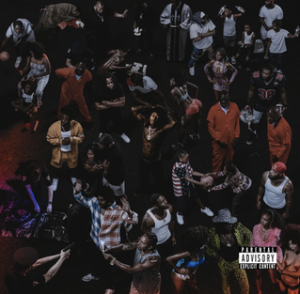
While brat was probably the most loose concept album on this list, The Forever Story (TFS) is the most controversial choice on this list. I talked with some people on their opinions of what a concept album is, and when I mentioned I wanted to review TFS, many people instantly said “Oh. That’s not a concept album.” Colin Shahan, a senior and fellow music nerd, was the person who uttered this phrase that started immediate doubt in my conversation. Many people on social media websites and internet forums also agree with this sentiment. I’m in the very clear minority to say that TFS counts as a concept album, but I believe this sequel to JID’s 2017 Album, The Never Story, has just enough theme and narrative to be make the cut.
Unlike the rest of the albums on this list, TFS was never intended to be considered a concept album – and it shows. Many of the songs follow a theme of poverty, growth, struggle, and JID’s coming of age story, but there are some songs that take away from the general feel. The biggest indicator of this album being a narrative piece is the outro track, “2007”, which details JID’s full coming of age without any of the metaphors. While the transition from “Bruddanem”’s appreciation of family in a poor setting to “Sistanem”’s themes of growing out of touch with family due to success are clear cut and vivid, a few songs along there’s “Just In Time”, which doesn’t have inherent message, and is just meaninglessly braggadocious. For a regular album this is fine, as many fantastic rap albums have a duality between fame and misfortune, but for a concept album, this takes away from the concept heavily. I believe this song to be the only reason why TFS is not widely considered a concept album, no matter how absolutely incredible it is.
How to Do it All:
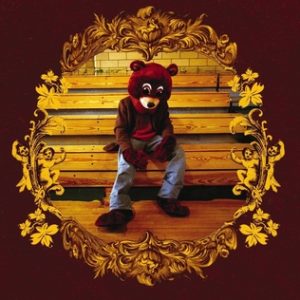
Last and certainly not least is The College Dropout (TCD), Kanye’s debut album as a rapper, not just a producer. The album is driven by the narrative of Kanye’s rise from poverty to attending college, realizations of his distaste for college, and his eventual dropout and pursuit of a career as a producer, leading him to his final form: his life as a rapper (which had yet to start). Often is this album praised by critics for its excellent themes, lyricism, and production, but not very often is it talked about as a concept album. The reason why I put this album last is because it’s the most common type of concept album: one where the concept takes more thought to identify. The narrative isn’t clear upon your first listen, or even your second. You can see the theme, but the exact story is obscured by how seemingly distant and spontaneous some of the tracks seem. “New Workout Plan” and “Slow Jamz” are the two that come to mind, but each hold their place in Kanye’s story as evidenced by his monologue in the outro track, “Last Call”. It’s similar to TFS’s outro track in that it’s a long explanation with skits and monologues, but where “Last Call” succeeds “2007” is in how each line he says can be tied to a song in TCD. Similar to Mama’s Gun, Kanye shares his philosophy, and similar to IGOR, all of the samples are related to the theme of the song. The culmination and creation of this album is almost as incredible as the final product. The only thing that makes this album flawed are its skits. There are a few too many for my taste, even if they contribute to the narrative heavily. Kante wanted to tell his story, and have it sound good at the same time. Because of this, one of the most impactful albums of the 21st century was created.
Final Thoughts
After reviewing all these concept albums both as albums and as concepts, one important thing to remember is that a concept does not a good album make, and many incredible albums (The White Album, Off the Wall, Nevermind) fail to have a meaningful, compelling central theme. Concept albums are not inherently better than other albums; the only reason why they seem to rise to the top is because of the sheer dedication an artist must have to their work in order to successfully execute a concept album. These albums are made by artists who have made great albums in the past, concept or not, and even without the concept, the albums would’ve been incredible because of them. Don’t fall into the hole that too many critics find themselves in; concept albums are just one way to make an album, and nothing more.
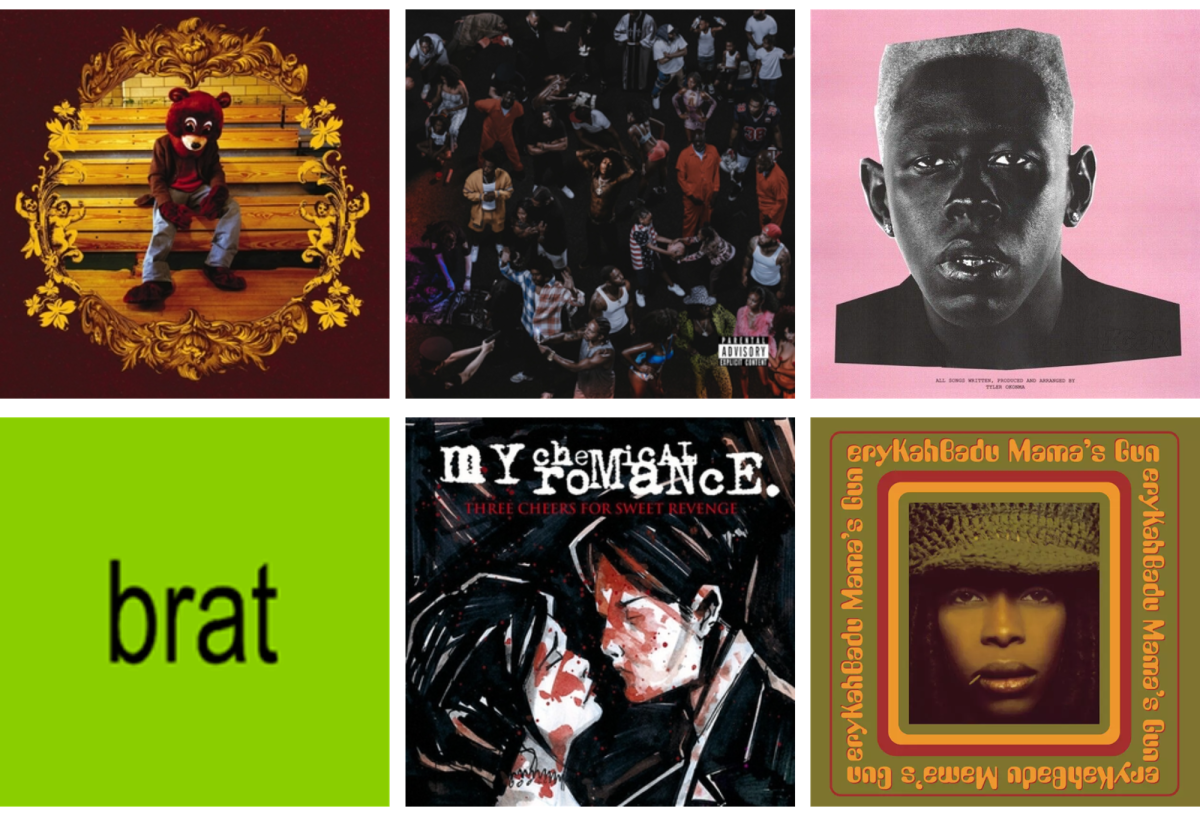

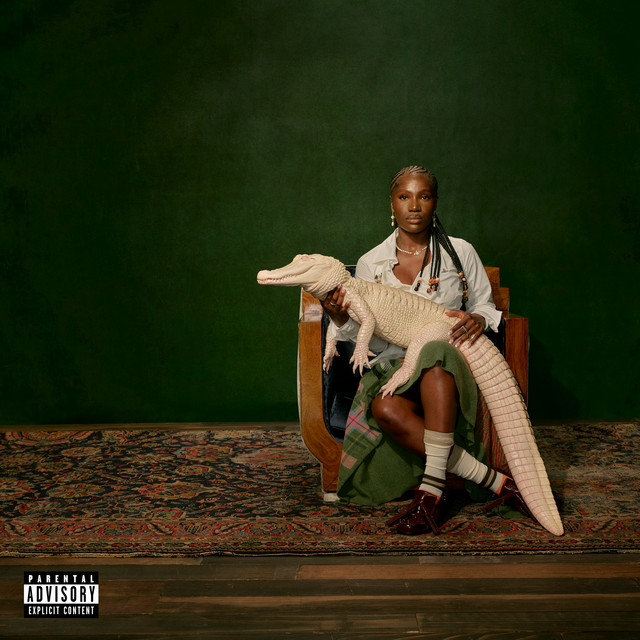
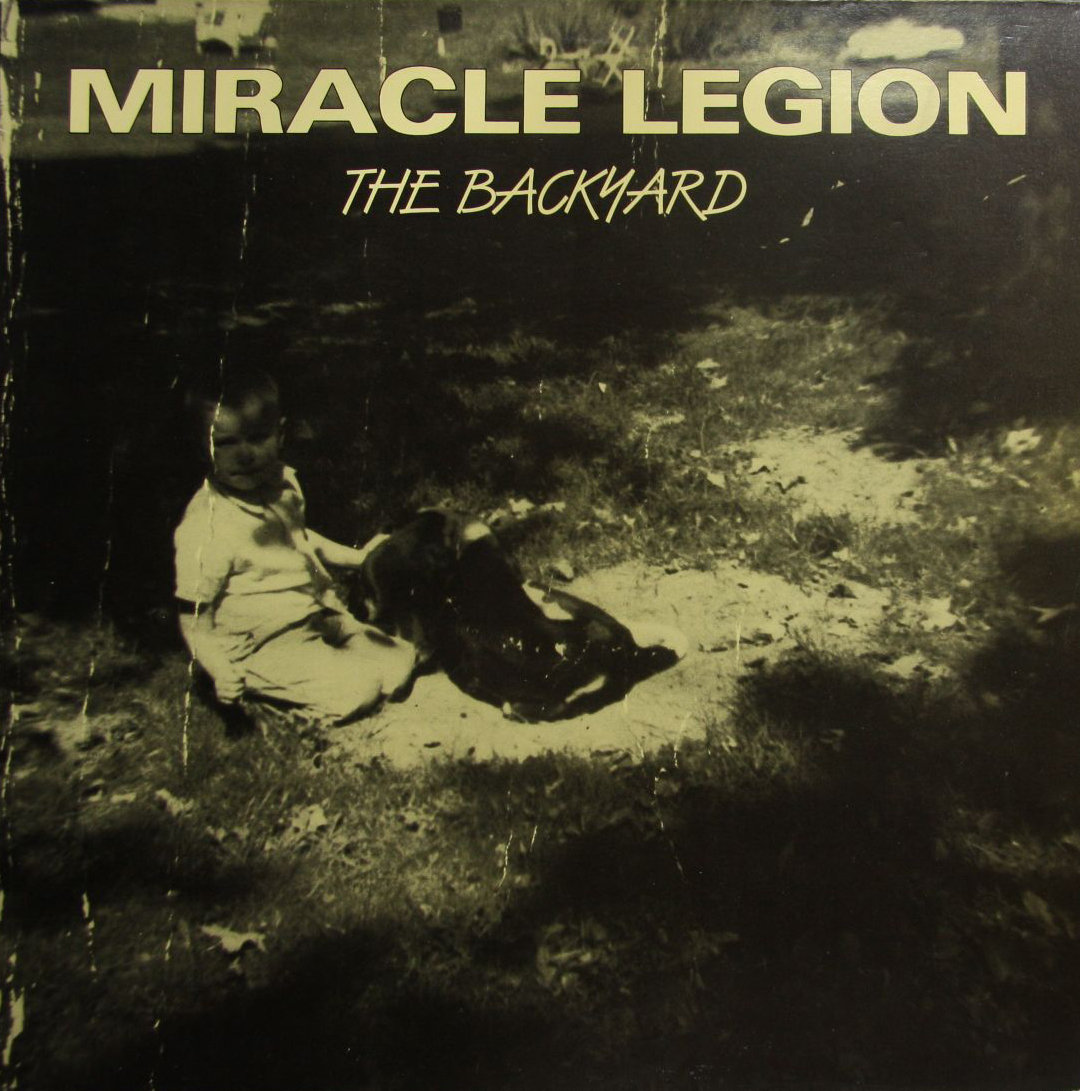
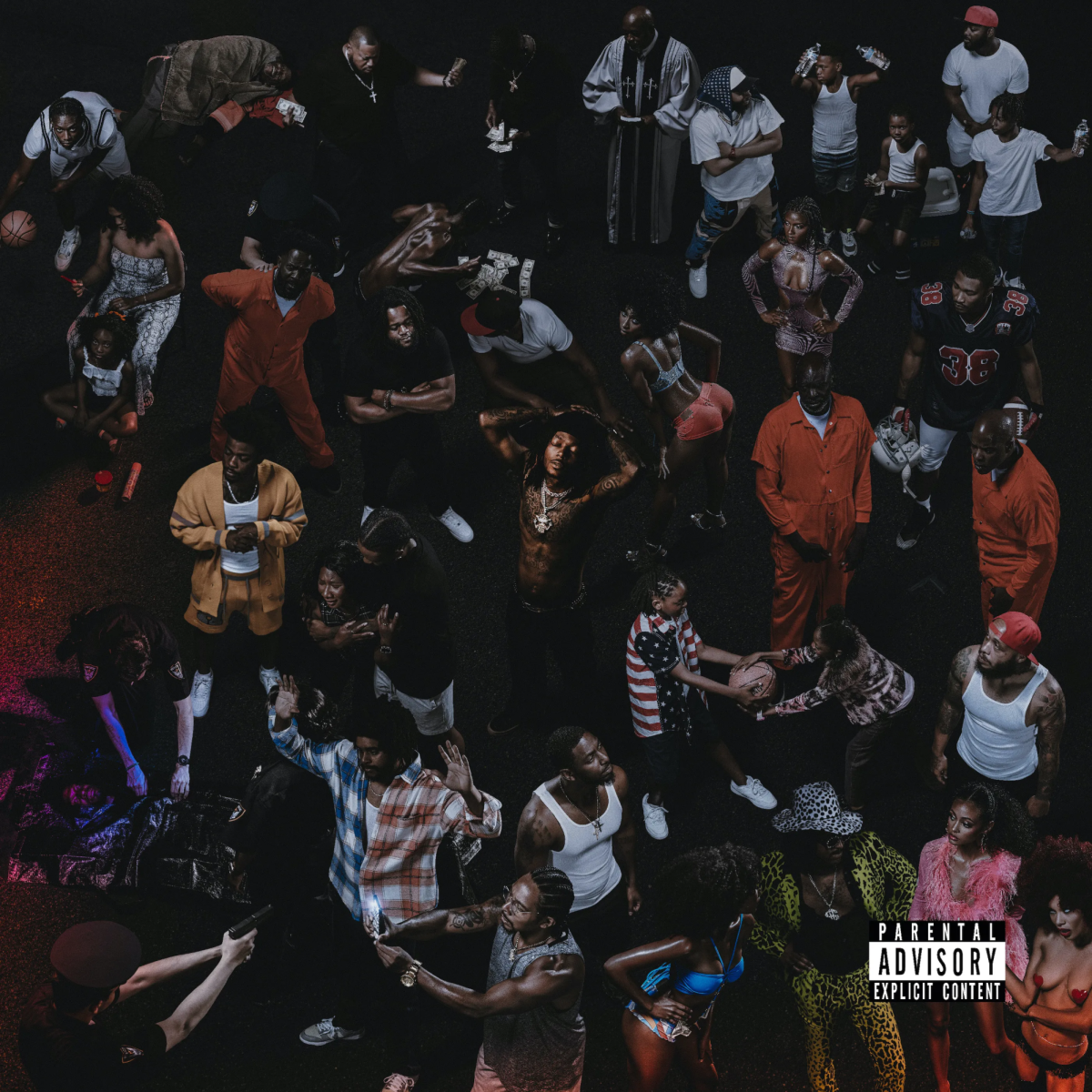


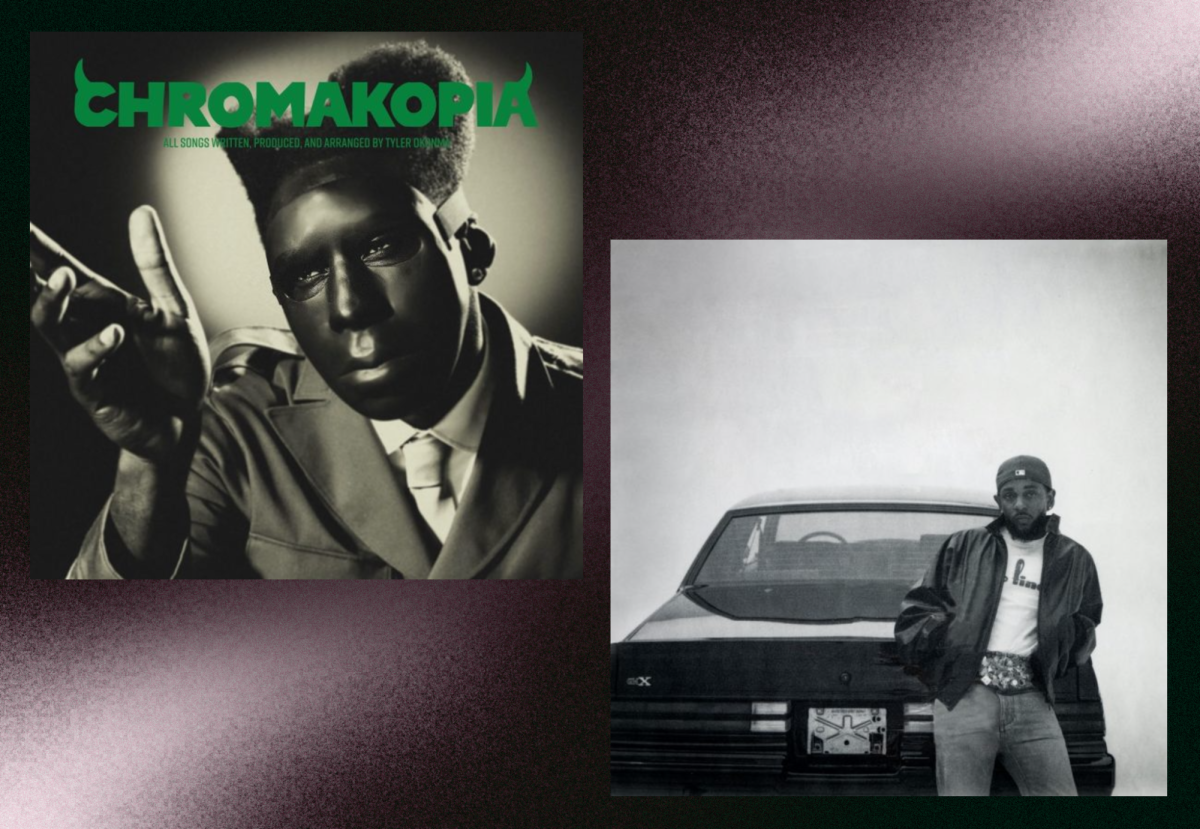






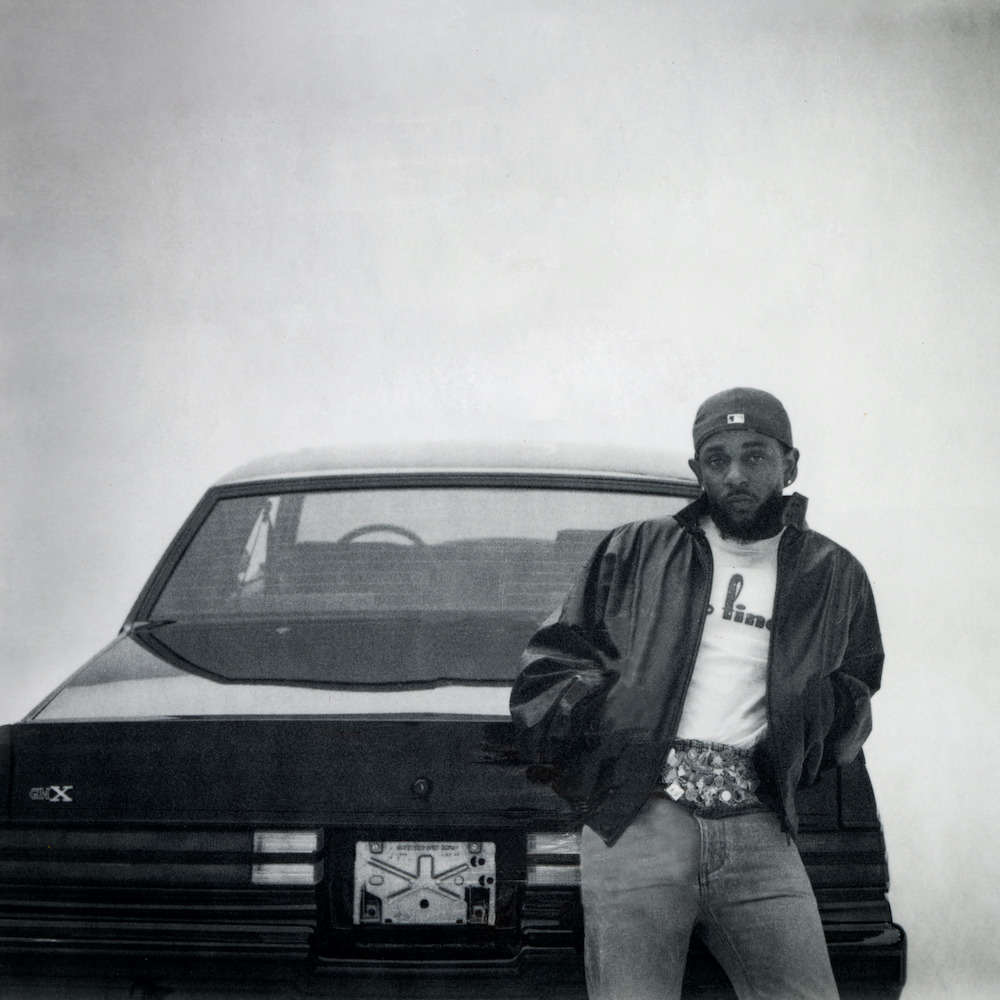

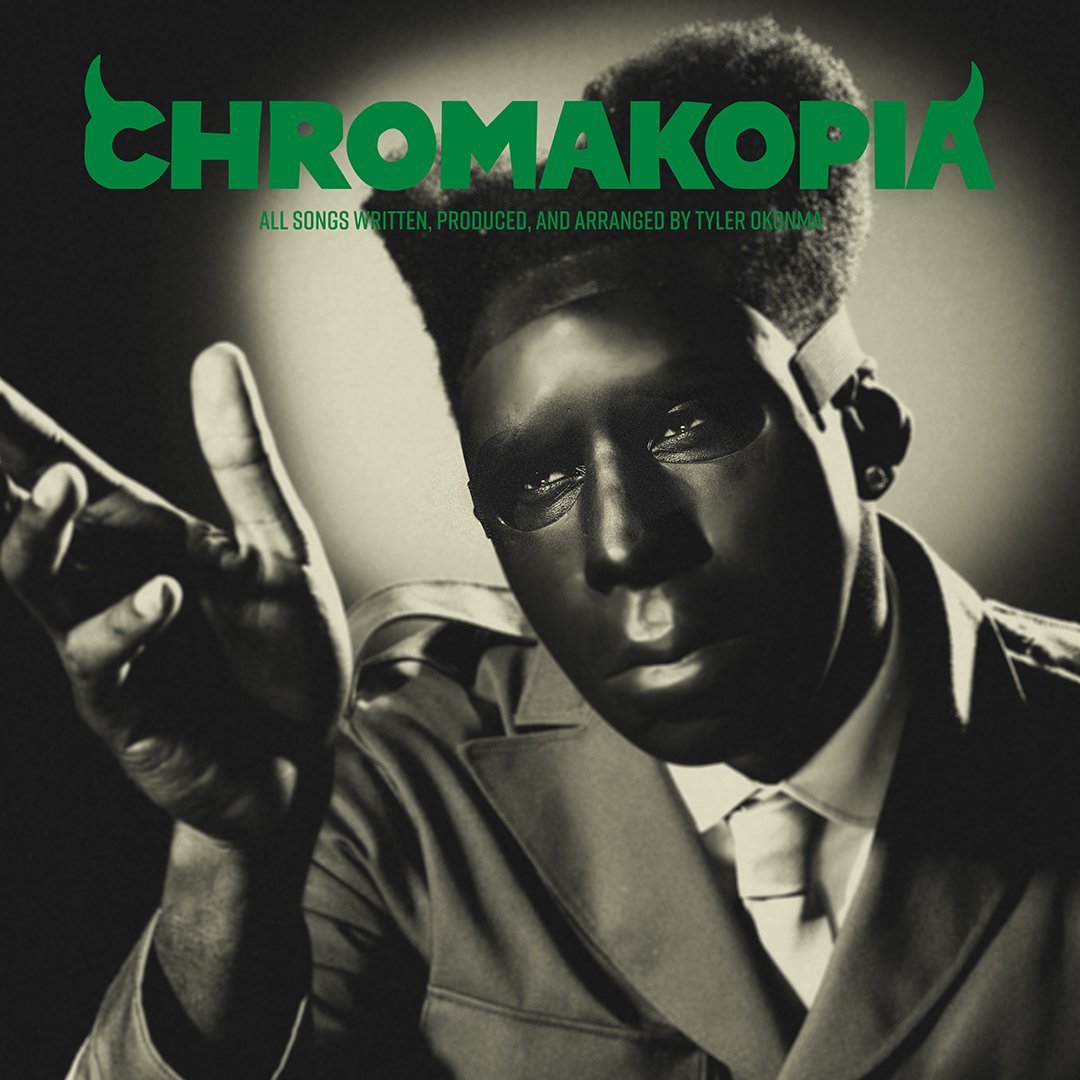
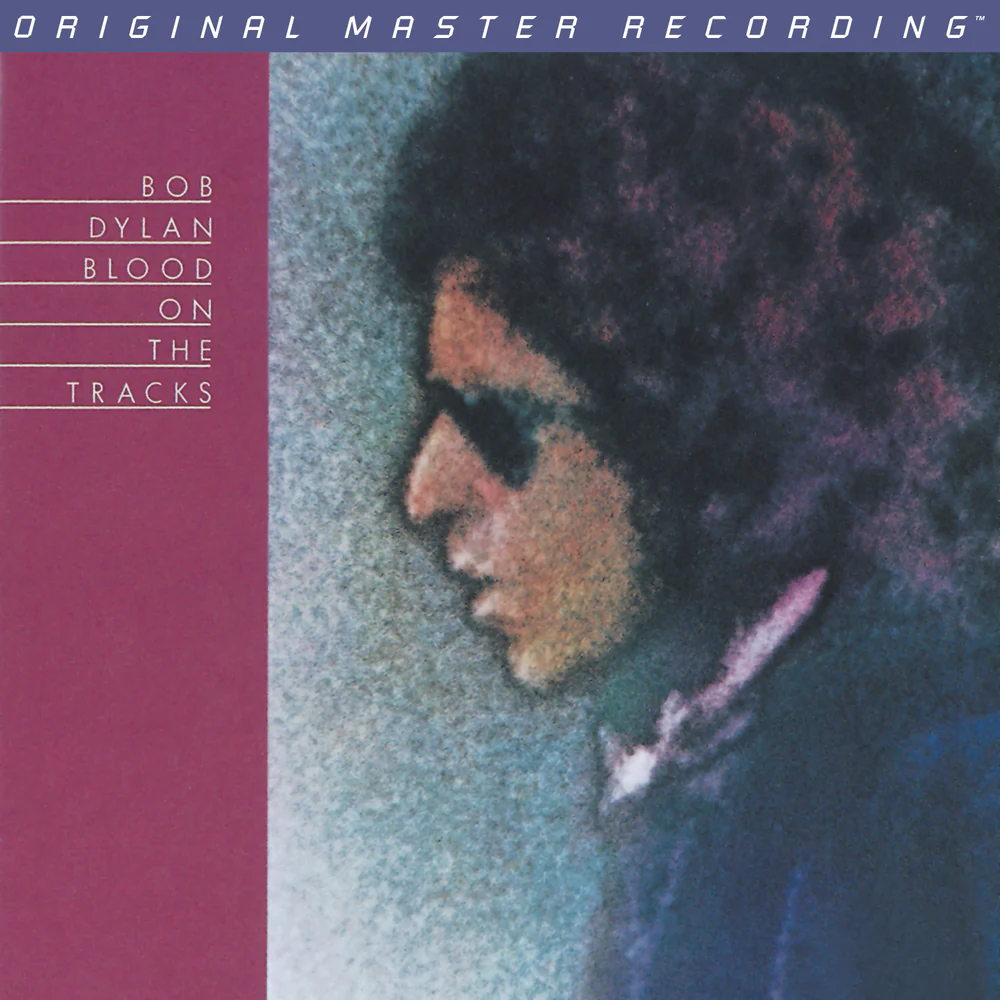
mikey • Nov 18, 2024 at 7:32 am
Booyh
Gemma Calabria • Nov 6, 2024 at 9:03 pm
harsh take on MCR 🙁 but… i guess in terms of being conceptual the album wasn’t that strong… nice article!!!
Gemma Calabria • Nov 6, 2024 at 9:03 pm
“how to barely pass the bar” is crazyyy tho